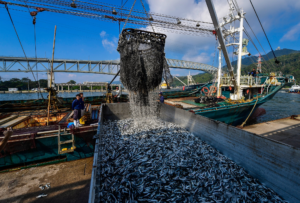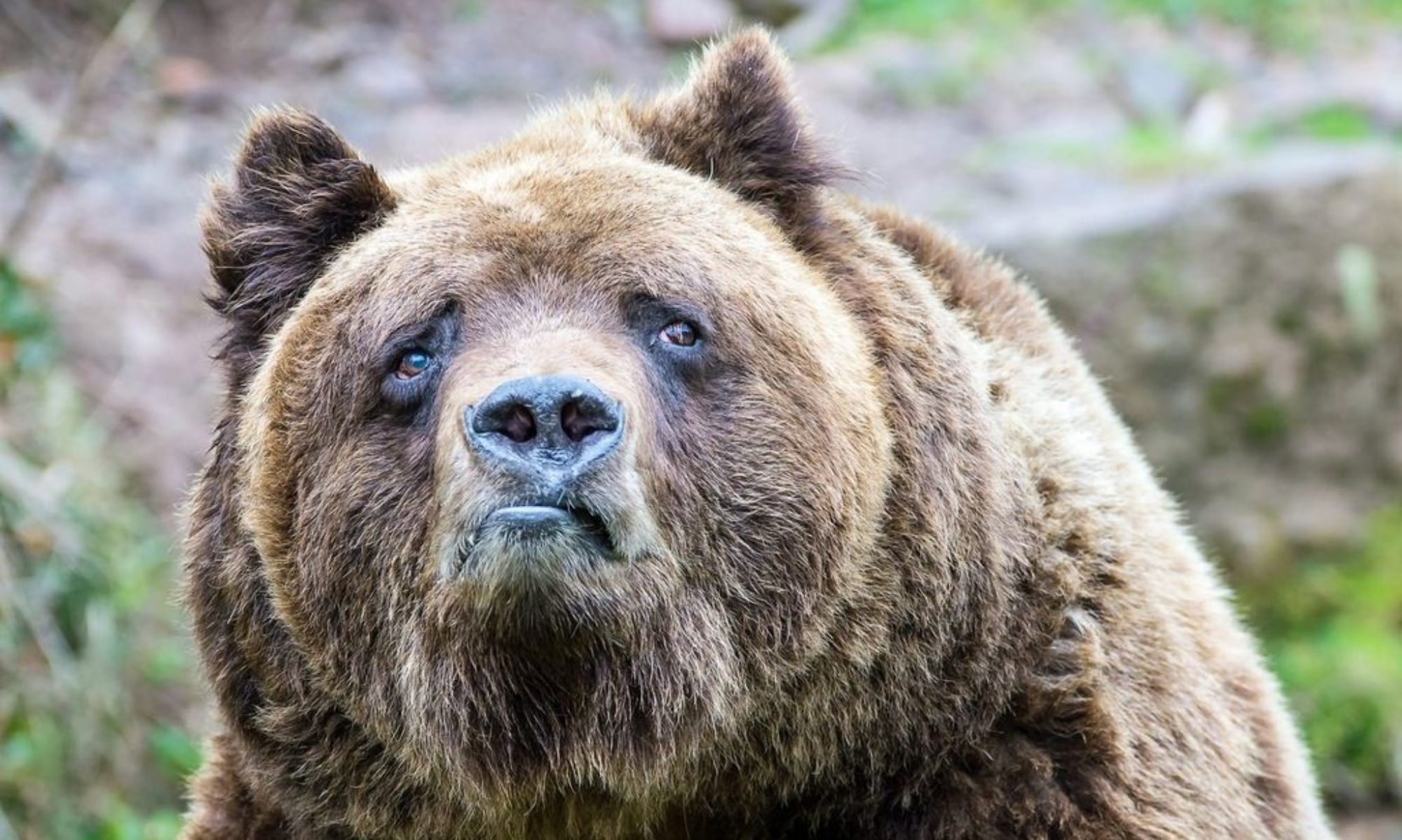
Overfishing is the harvesting of fish in a body of water at an accelerated pace, and the fish being unable to replenish their decreased population. Fishing is one of the biggest factors of the declining maritime life species in the ocean, causing immensely negative repercussions to the Earth’s aquatic ecosystems. However, fishing is not frowned upon, and only becomes a problem when fishing fleets capture fish faster than those species can regenerate. Currently, it is predicted that fish will be extinct within 30 years as a result of overfishing. Overfishing immensely endangers the oceanic ecosystem and the millions of individuals across the globe who rely on fish as their primary food source. Overfishing is also connected to bycatch. Bycatch is the capture of undesired species when fishing for a particular type of fish species. Bycatch results in millions of lost fish and is classified as a grave threat to all aquatic life and ecosystems.
More than ¾ of the Earth’s surface is engulfed in water, and for centuries, humans believed that they would not be capable of harming the aquatic species population. However, among the rising population, there is a higher demand for fish as a primary food source, and fisheries have to work faster, to fulfill it. As a result, fisheries overharvest several species of fish, pointing to a significant decline in the marine species’ populations. However, over the years, there have been several effective solutions that were considered and applied to small scale situations. One of the main solutions to prevent overharvesting of marine life is creating marine protected areas in our oceans. Currently, only 2% of the planet’s oceans are protected. However, barely half are no-catch zones. We must create more marine protected zones to help fish recover and replenish their population, and to preserve fishing for future generations. The Marine Conservative Institute, a non-profit organization that revolves around creating awareness about the overharvesting of fishes, is striving towards an increase in the percentage of marine protected areas by tenfold.
One of the most prominent techniques to capture large volumes of fish in a short amount of time is by trawling. Trawling is a method of fishing when one or more boats are hauling nets through the water, to capture multiple fish together. The net is called a trawl and the boats are designated trawlers or daggers. Trawling scoops up all the marine species in a distinct area, causing several types of animals to be captured. This results in an extensive amount of wasteful and environmentally harmful bycatch, where the dead and unwanted marine species are dumped back into the oceans. Most big fisheries use trawling as their primary method of catching fish because it is the most effective way of catching a certain species, promptly, but it also contributes to overharvesting of fish immensely and harmful bycatch of other marine species.
A significant impact of overfishing is the reduced harvest of targeted fish. Many fisheries are witnessing this occur, as there is a reduced amount of fish that is worth harvesting and consuming in our ocean. This results in a decreased stocking of certain fish species and leading to decreasing food supply and economic security. The only prominent and expeditious solution is to boycott fishing immediately. This will allow several marine species to heal and regenerate their former population across the globe. However, the curtailing of fishing will also lead to an increased amount of job layoffs and the fishing industry collapsing, resulting in a cutback in food supply for millions of families and decreasing economic security.
